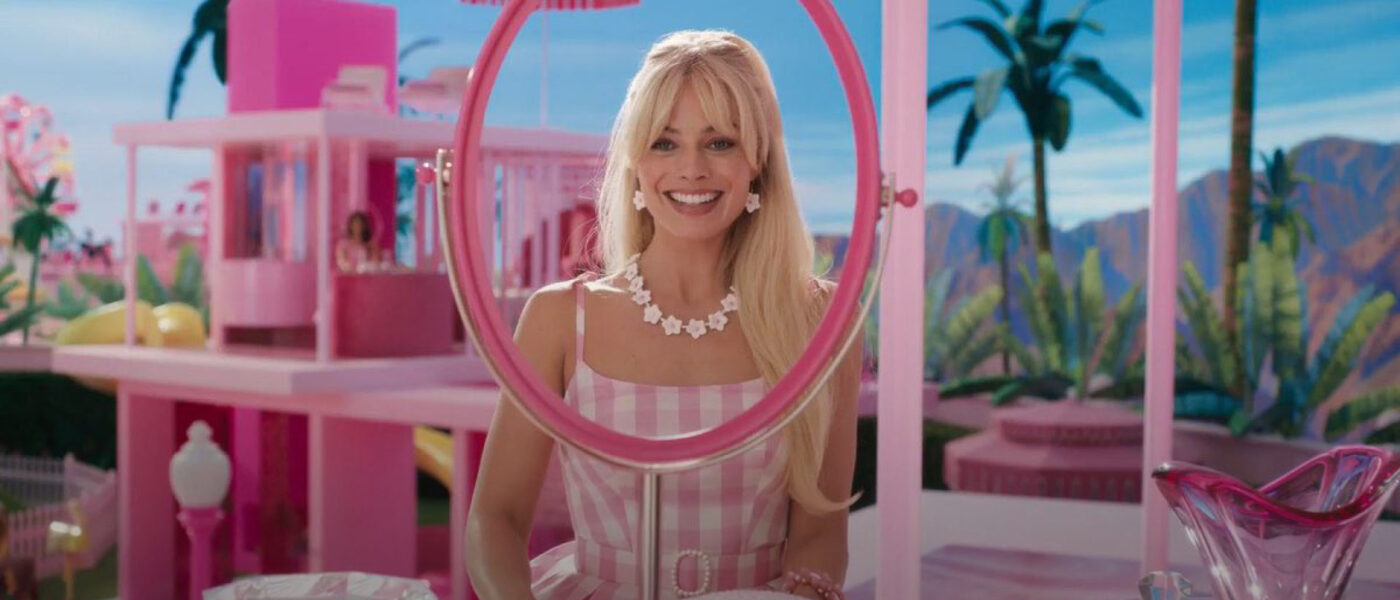Pink Storm Hits Theaters Thanks To Barbie
Barbie dolls are a staple of childhood.
With its “you can be anything” catchphrase and more than 250 careers, she has been inspiring girls since 1959. Simply put, it’s the most popular fashion doll in the world.
That is not to say Barbie has completely dodged controversy. The doll has been accused of forcing beauty standards, promoting unrealistic body images and being a symbol of capitalism disguised as empowerment.
It is astonishing how much controversy a piece of plastic can stir.
But in Barbie, director Greta Gerwig flips the script and makes the world a women-dominated atmosphere.
The Kens compete for her attention while Allan and Midge hang out on the sidelines (a poke at Mattel’s discontinuation of the two dolls). Barbie is everything, while Ken is just Ken.
Barbieland itself is a visual wonderland. A beautiful balance of pastels and bold colors, it feels like you’re stepping into the doll’s playset. Little details such as plastic food, empty cups and playful dialogue reminds audiences of how kids used to play with the dolls.
However, when Barbie starts feeling her owner’s depressive thoughts and insecurities, she journeys to the real world. But when Ken and Barbie arrive, they get a rude awakening—the real world is the opposite of Barbieland.
While Barbie is shocked, Ken becomes inspired to create his own patriarchy, which leads to hilarious scenes such as the Kens mansplaining The Godfather or singing long awkward songs to the Barbies.
Barbie’s owner, Gloria, restores Barbieland by showing the Barbies that it is impossible to be extraordinary all the time. The pressures of perfection and what others think of you are just methods to hold women back. The Kens learn that they are “Kenough” and should stop basing their self-worth on whether Barbie wants to date them.
A touching moment in the movie features the doll’s creator, Ruth Handler. Barbie learns that she was named after Handler’s daughter, Barbara, and the only thing she was meant to be was herself.
There is no perfect Barbie because there is no perfect woman.
The movie starts conversations about gender inequality in our society, as well as the impossible standards created to tear down successful women. While Barbie can’t solve the issues of patriarchy, toxic masculinity and inequality, she reminds us that we can be anything, but we must embrace and love the ordinary aspects of ourselves.

